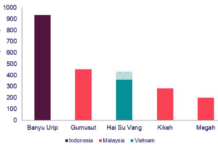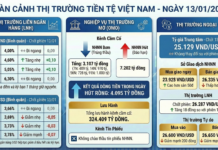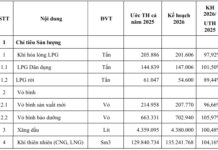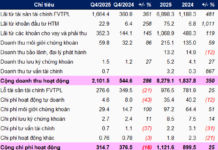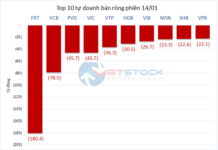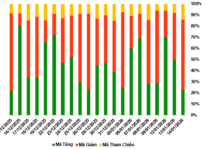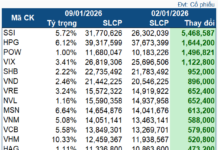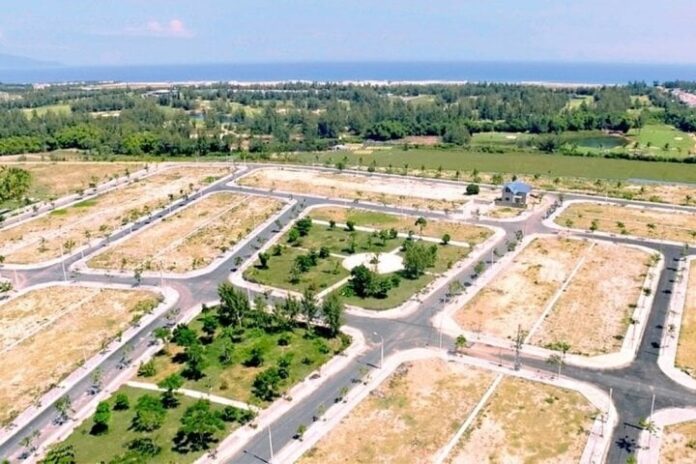The Real Estate Business Law (amended) has just taken effect from August 1st, stipulating that land-use rights cannot be transferred to individuals for self-construction of housing or self-subdivision and sale of land plots in wards, districts, and cities of special, type I, II, and III urban areas.
For the remaining areas, the People’s Committee at the provincial level shall, based on local conditions, determine the areas where investors of projects are allowed to transfer land-use rights with technical infrastructure to individuals for self-construction of housing.
Assessing the impact of the amended law’s provisions on land subdivision and sale, real estate experts believe that in the initial phase after taking effect, tightening the regulations on land subdivision and sale and free land division may reduce land trading activities. However, in the long run, it will help this market develop towards more transparency and sustainability.
Therefore, investors with financial capacity can look for reasonably priced land plots with good locations and legal standards for purchase at this time.

With the Real Estate Business Law taking effect, is it worth investing in subdivided land? (Illustration)
Specifically, Mr. Nguyen The Diep, a member of the Vietnam Real Estate Association, said that the new regulations on land subdivision would cause some investors to struggle in the initial implementation period. However, in the long run, this is an inevitable trend that has been harmonized in many countries, helping to improve market transparency.
Regarding subdivided land, Mr. Diep predicted that this segment would undergo significant changes after the new law takes effect in early 2025. Land subdivision projects in type II and III urban areas that have already been sold (with red books) can still be transferred as usual and may even benefit from price increases.
“It will be more difficult to approve new projects, and spontaneous and scattered projects will no longer exist, making land supply scarce. The supply-demand relationship will cause the prices of these products to increase rather than decrease,” Mr. Diep forecasted.
Mr. Diep also emphasized that tightening land subdivision will not only affect a small group of people. In type II and III urban areas, a large number of people participate in land investment. Since this type of investment has good liquidity and high demand, some investors hoard land and resell it at higher prices. “As a result, the price of subdivided land is also higher than the average land price offered by local residents,” he added.
Mr. Pham Duc Toan, CEO of EZ Property, also shared that up to now, subdivided land remains one of the slowest-recovering segments, with very low transaction volume and limited supply.
“The land subdivision segment in some provinces and cities, which saw skyrocketing prices in the previous period, is now experiencing a deep decline, while large cities are starting to see a return in transactions, but not many. It is likely that we will have to wait for the new laws to permeate, and the tightening of land subdivision and sale in special urban areas I, II, and III to be enforced, to help the land market from area IV onwards and rural land to improve,” Mr. Toan analyzed.
Thus, according to Mr. Toan, although it is difficult to reduce land prices, it is unlikely that land prices will surge in the short term. Investors who take risks by borrowing money to hold on to their investments, expecting prices to rise in the next 6-12 months, face numerous risks. However, if investors have strong financial capacity, they can look for reasonably priced land plots with good locations and legal standards for purchase at this time, when supply is not yet truly scarce.
New law enacted, does Condotel have a “status”?
After experiencing numerous ups and downs in the market, the condotel segment seems to still lack a clear “identity” with the passing of the Real Estate Business Law 2023 and the Land Law 2024.
Legal framework for condotel transactions
The condominium hotel (condotel) market, as well as the tourism real estate market in general, has not been regulated under the 2014 Real Estate Business Law. As a result, the ongoing obstacles of this type of real estate are expected to be resolved after the passing of the 2023 Real Estate Business Law. From a legal perspective, what are the positive aspects of the new law that investors need to be aware of in order to protect their rights and interests in transactions?





